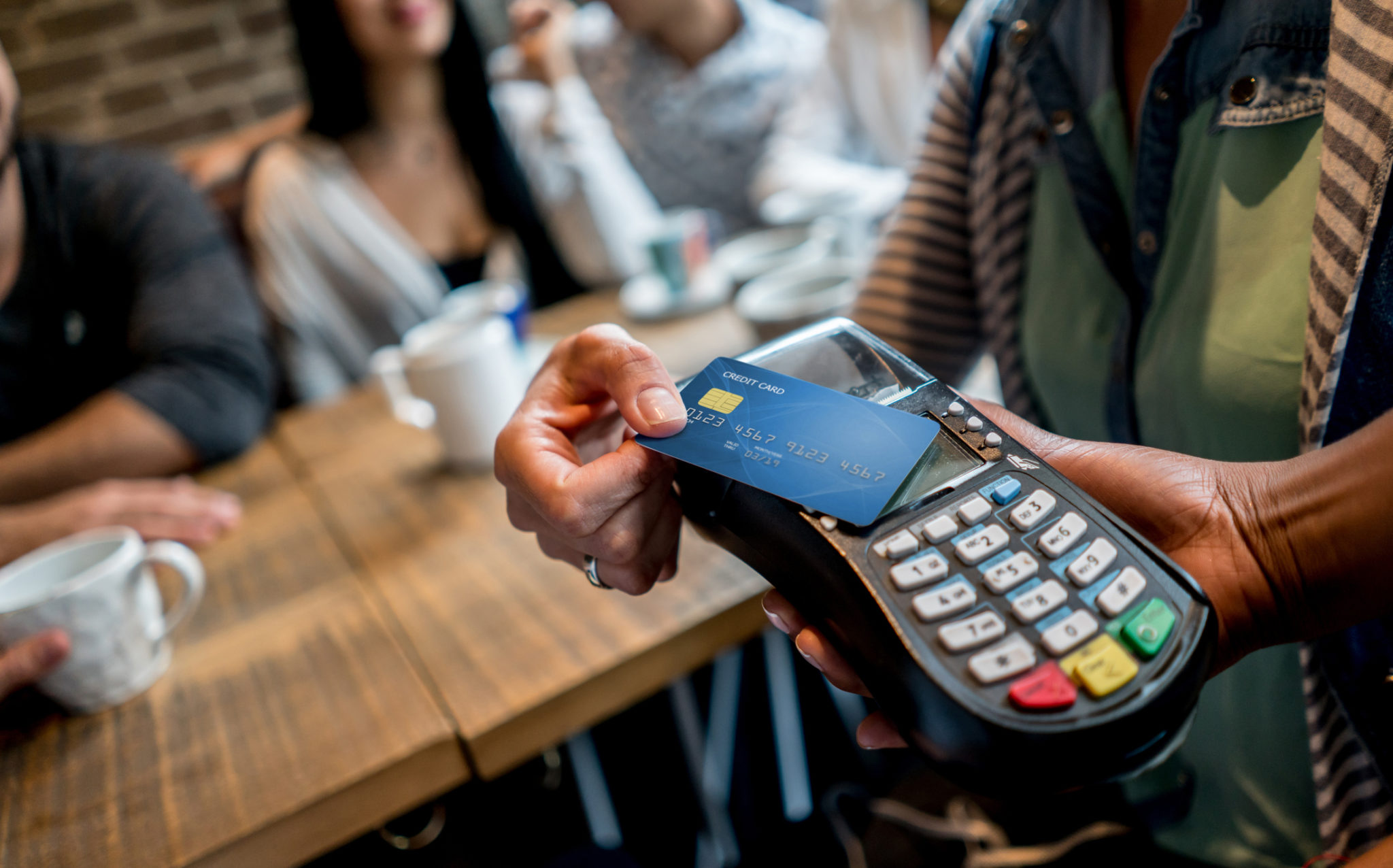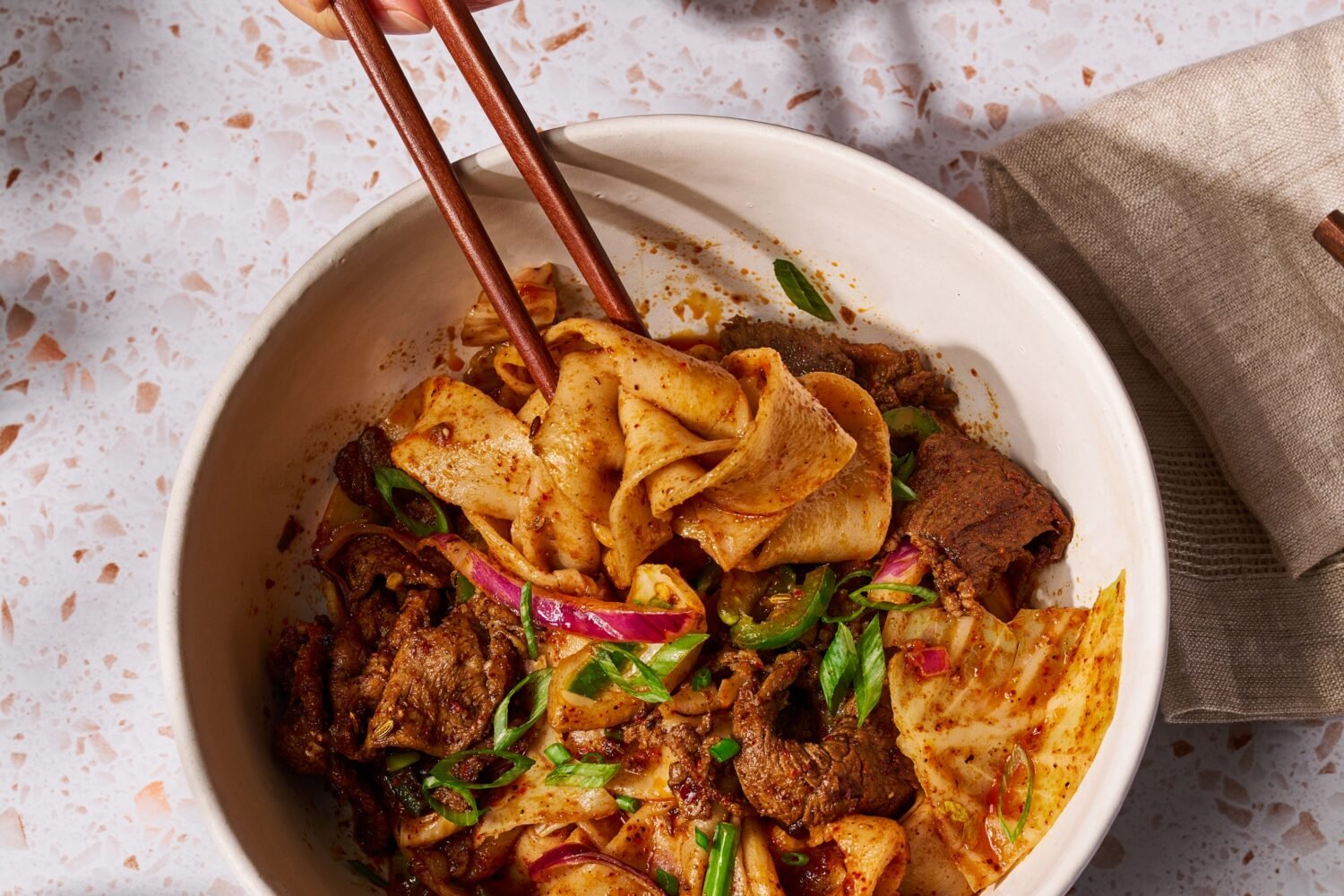DC has begun enforcing a law that prohibits businesses from not accepting cash as of October 1. The legislation—which was introduced in 2018 and passed in 2020—aims to prevent discrimination against people who don’t have access to traditional bank accounts and credit cards, often because they come from disadvantaged or disenfranchised backgrounds. Cashless businesses have nonetheless multiplied in recent years, particularly during the pandemic.
“It’s something that we did to protect the safety of our guests and our staff, specifically late-night managers,” says the manager of one cashless DC restaurant, who requested anonymity because he didn’t want the business singled out. He says the restaurant would previously have thousands of dollars of cash on hand at any given time, and staff felt at risk carrying large sums in a backpack to the bank, especially with assaults and thefts on the rise in the neighborhood.
Now, on rare occasions when someone says they can’t pay via phone or credit card, the manager says he will often comp their meal. “I have a heart for somebody who maybe didn’t have a credit score to get a credit card or so forth. So I would say on a monthly cadence, I give away probably five to six meals,” he says.
The restaurant does not plan to change its cashless policy for now. “Even if I have to gather a couple of violations, I don’t think you can really put a dollar value on the safety of the staff and the guests,” the manager says.
The cashless ban will be enforced by the Department of Licensing and Consumer Protection based on complaints from the public, although exactly what that enforcement will look like is still a little fuzzy. “Our expectation is not to fine our businesses,” Mayor Muriel Bowser said last week, according to NBC4 Washington. Meanwhile, DC Council Chairman Phil Mendelson, one of the champions of the cashless ban, said in a media briefing Monday that he’ll wait to see how the Mayor’s enforcement approach plays out and revisit it if businesses don’t comply.
“This is really about equity,” Mendelson said during the briefing. He’s previously cited a statistic that nearly 30 percent of DC residents—disproportionately Black and low-income—are un-banked or under-banked and therefore rely primarily on cash. Mendelson said he didn’t recall safety concerns being brought up by any businesses during DC Council hearings. “It’s not like suddenly the business is going to go from zero cash to $10,000 in cash. I think that fear is overstated,” he said.
Equity was a big consideration for fast-casual smash burger joint Swizzler when it opened a Navy Yard location in 2020. The business had started out of food trucks, which were cashless. At the time, co-owner Jesse Konig says they were concerned about moving around the city with cash and the challenges of always having exact change. Plus, they were mostly serving office areas with a white-collar clientele who had credit cards. There was plenty of incentive to continue operating that way when they opened the Navy Yard storefront at the start of the pandemic, given how freaked out everyone was about the spread of the virus. But Konig says their mission is to give more people access to higher quality fast food, so they ultimately decided it was important to accept cash, which now accounts for nine percent of in-store sales. “We wanted to really reduce every friction point we could for people, so there was no reason that they couldn’t shop with us,” he says. Still, though, he’s conscious of the risks: The store’s cash registers were robbed overnight last year.
Restaurant Association Metropolitan Washington President Shawn Townsend says that safety is one of the concerns he’s hearing from his members. He spoke with Department of Licensing and Consumer Protection Acting Director Tiffany Crowe last week and was “relieved” by her interest in a collaborative approach to enforcement rather than a blitz of citations.
“The restaurant industry, specifically in DC, has had a number of policy challenges this year alone, and this is an additional squeeze on an industry that has continued to suffer since the pandemic,” Townsend says. He adds that he would support an amendment to the bill to “ease the challenges” for businesses that want to go cashless, though he’s not sure what exactly what that would look like right now or if it’s something the DC Council would even entertain.
“Based on the climate that we are in right now, with everyone focused on resolving public safety challenges that we face here in the District and across the region, I’m not sure if this will be a bill that would be introduced in 2023,” Townsend says.
The initial legislation came amid backlash against businesses like Sweetgreen, which was at the forefront of the cashless trend in 2016, but then reversed course in 2019. Meanwhile, some of DC’s largest entertainment venues—including Nationals Park and Capital One Arena—have gone primarily cashless to expedite transactions for tickets, concessions, and merch. They are able to operate within the law because they offer “reverse ATMs” or ways to convert cash into cards that can be used on site. (DC law stipulates that businesses can’t charge a fee for these transactions, and the cards can’t have an expiration date.)
The Anthem, 9:30 Club, and its sister DC venues are also among those that have gone largely cashless; cash customers can go to a merch table and purchase a gift card which they can then use at the bar. Spokesperson Audrey Fix Schaefer echoes the safety considerations but says the move just reflects consumer behavior: “People don’t carry cash so much anymore,” she says. “I’m not going to say it’s like having a VHS machine, but it’s a dramatically less prevalent way for people wanting to purchase things than it used to be.”












